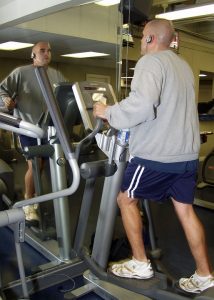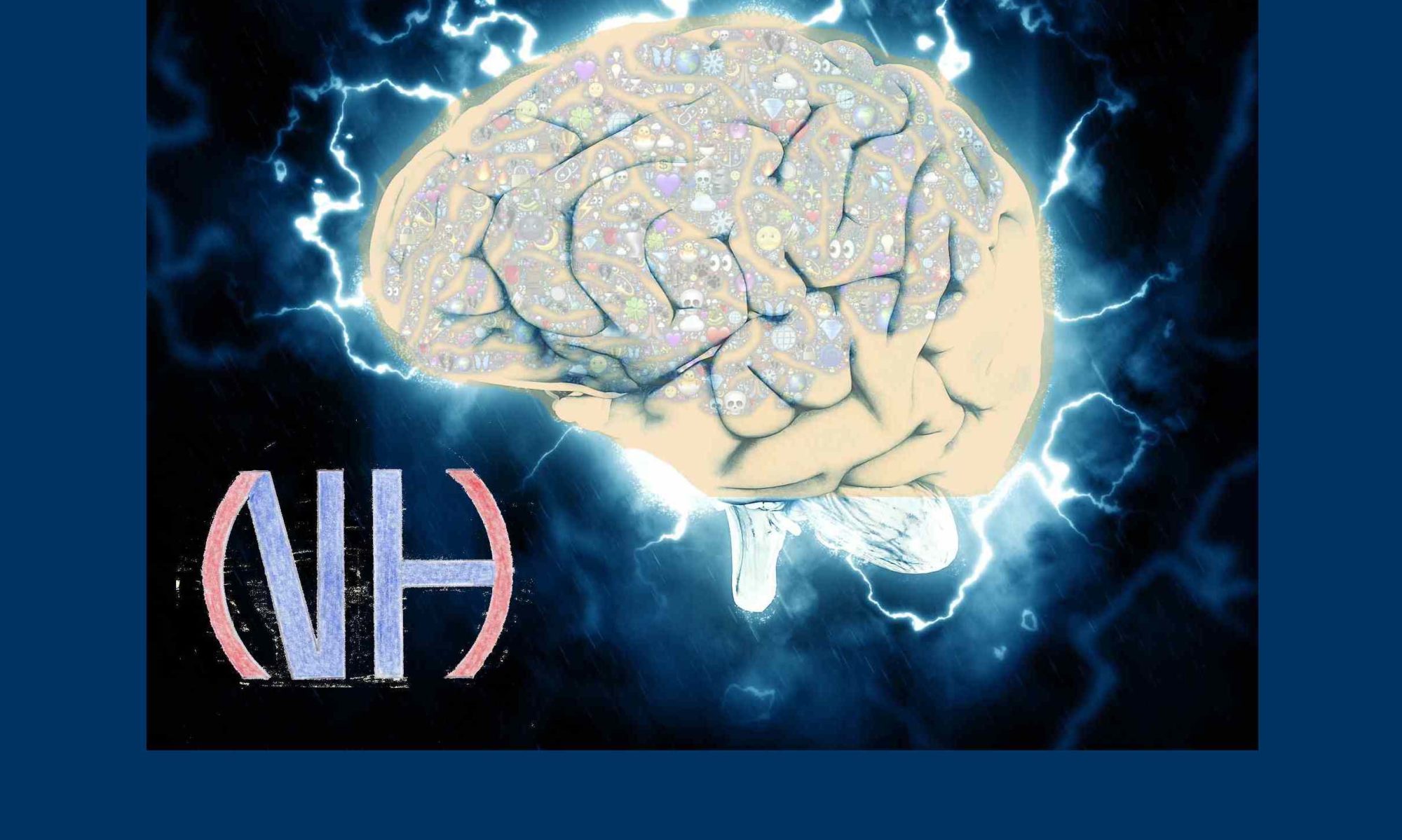 WHAT
WHAT
Did you know that walking benefits your body and your mind?
WHY
Remember, we talked already in another article about the necessity of relaxing body and mind to feel at ease. And well, there is a magical activity which works on these two sides. And you know what? This activity, you can practice it anytime, day or night, and there is no need to buy specific equipment to do it. That’s because it is just about… walking! Let’s go and see what are the miraculous benefits of walking, on the body and mind.
 HOW
HOW
There are specific routes well designed to get in touch with our predecessors ( pilgrimages, for example, are routes that numerous men walked on for centuries) or our contemporaries (meeting other walkers is frequent on many hiking paths, and the stories which you will live during your pedestrian holidays can be shared with your colleagues when you will come back to work!). Also, it is obvious that walking in nature is more pleasant than walking in town (you have a better contact with your environment, contact which can be improved by walking barefoot: to walk barefoot is an interesting experience, but which must be done in good conditions. Avoid going alone, take a pair of shoes and a medical kit with you, and, of course, go walk in a “clean” place (for example, cities are not appropriate for this exercise!). However, what’s magic, is that if you just walk in a non-specific way, for example to go home after work, you’ll already benefits all these virtues, even if it is to a lesser extent.
 WHAT CAN BE DONE WITH IT
WHAT CAN BE DONE WITH IT
From a very concrete point of view, walking in whatever environment generates unsuspected physiological profits. Actually, the WHO insists heavily on the benefactions of walking in its ” World Recommendations on the physical activity for the health” edited in 20101. Furthermore, in 2012, the WHO has listed and validated all the modern studies on the benefactions of walking2. It recommends in particular to everyone to make at least 10000 steps a day (it takes approximately 10 minutes to make 1000 steps). Here are listed some of the physical benefactions: reinforcement of muscles and fortification of bones, improvement of the vital capacities, reduction of the risks of heart attack, stimulation of the immune system, decrease of the risk of AVC, reduction of the risk of breast and colon cancer, and of the type 2 diabetes … In brief, according to the WHO, the settled way of life is the 4th world cause of “avoidable deaths”! …
But the most beautiful is that walking also has an action on the mind: it improves memory, attention, creativity, because walking improves, among others, the irrigation of the brain (and as a consequence, its functionning2).
We made the tour of the walking subject. And now on, let’s go!
Look further / Useful link(s)
NOTES
1■ http://apps.who.int/iris/bitstream/10665/44436/1/9789242599978_fre.pdf
2■ Ca m’intéresse, may 2017, article “Les bienfaits de la marche” (FR)

